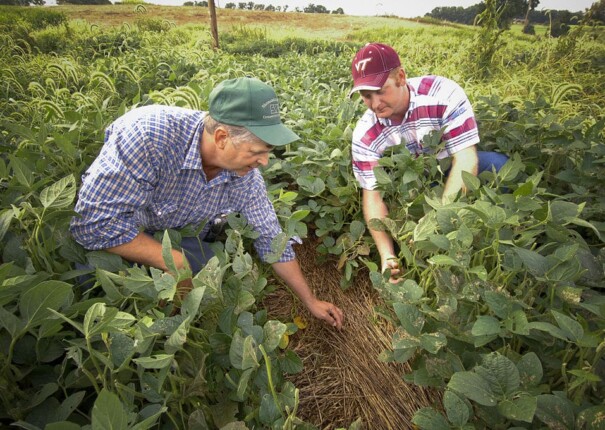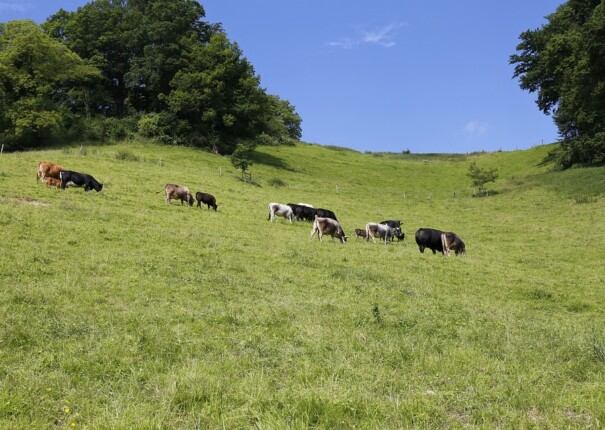Climate mitigation potential of regenerative agriculture is significant

from Tropical Agriculture Association Highlights A group of scientists from the Regenerative Agriculture Foundation rebuked a recent report published by the World Resources Institute that claimed regenerative agriculture and carbon sequestration provided little to no benefits for climate change mitigation The Regenerative Agriculture Foundation states that regenerative agriculture creates healthy soils and reduces carbon dioxide … Read more



